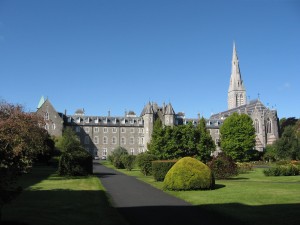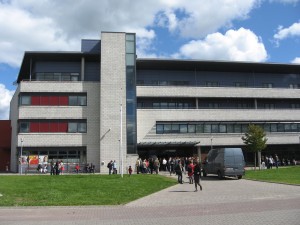The EASA Media Anthropology Network is organizing an official network panel at the European Association of Social Anthropologists (EASA) 2020 conference in Lisbon (21-24 July). Find the call for papers below and online:
https://nomadit.co.uk/conference/easa2020/p/8591
For more general information about the call and the conference, navigate to:
https://easaonline.org/conferences/easa2020/cfp
https://easaonline.org/conferences/easa2020/
The call closes on 20 January 2020.
Engaged media anthropology in the digital age
Organizers
Philipp Budka (University of Vienna) and Sahana Udupa (LMU Munich)
Abstract
The relative ease of access and potential disruptive features of digital media have opened up new opportunities for media anthropologists to extend their field relations into durable public engagement. These possibilities have encouraged anthropologists to collaboratively design various public engagement initiatives to harness digital media technologies and infrastructures for social justice goals including health, education, environmental protection, gender parity and political inclusion. Such direct interventions have gone hand in hand with critical perspectives on how “the digital” has played a key role in enabling political cultures of indignity and injustice – from online extreme speech to digitally enabled surveillance and algorithmic bias. This panel will foreground these two distinct, yet interrelated, aspects of engaged media anthropology: community projects that involve direct participation of anthropologists in designing digital platforms and applications, and in supporting local forms of media/digital activism; and studies that envision an inclusive future through public intervention strategies of critique and discursive resistance. A key question that drives this panel is whether the latest examples of engaged media anthropology that are enabled by digital technologies and infrastructures have signaled a break from the imperial logic of upliftment and betterment as a means to consolidate colonial power or whether enduring injustices are questioned through new means of collaboration and dialogue. What are the promises and limitations of engaged media anthropology in the digital age?


